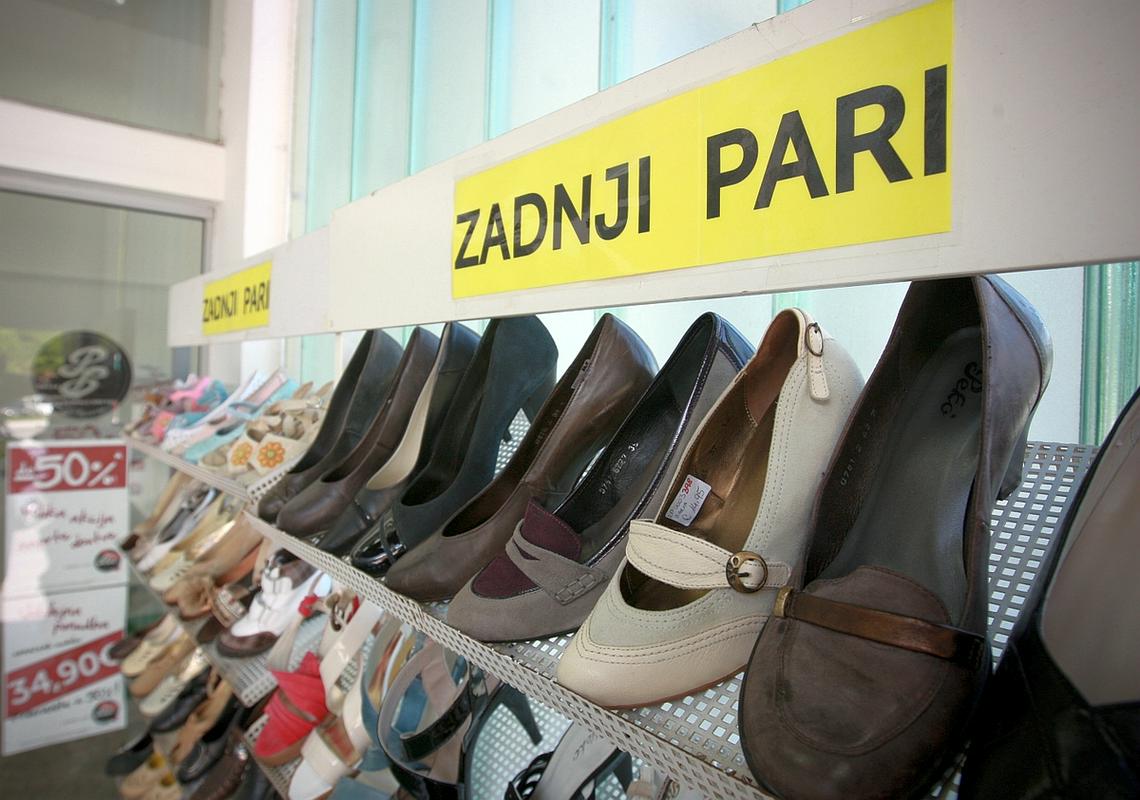
"If anyone would like to continue making shoes, there are enough machines, people and room in Peko for it. Personally, I wish there would be five more companies here," is Alja Viryent's appeal.
The renowned Slovenian designer of shoes - also worn by celebrities - will take over 97 square meters of the premises in Tržič, which were once home to the legendary Slovenian shoe factory Peko. Peko went into receivership in January this year.
"I think that preserving Peko as a whole is not possible. But we do welcome the partial business initiatives and preserving the healthy core of the company. However, sadly, according to our predictions, knowledge and estimates, Peko's story, which once employed 1,500 workers, is a story which can’t come true again," stressed the mayor of Tržič, Borut Sajovic.
Designer Viryent praised the cooperation with the municipality and said the mayor was very inclined to help. And how did Viryent enter into the Peko story? "I always made custom-fit shoes, but after cooperating with Alpina I wished for my own manufacturing process. If you have your own people, it is much easier to fulfill your own visions than working with someone else."
Viryent has also rented Peko's machines, which have been asleep since the company went into receivership. They will first have to undergo a technical check-up before being restarted. Under her wing she will also take 10 former Peko employees. Viryent admits that a lot will also depend on the quantity of orders they receive. She says her business plan envisages from 12.000 to 15.000 pairs of shoes a year, which would require the full employment of ten workers.
However, both Viryent and the Tržič mayor warn of a significant fact – the shoemakers guild in Slovenia is slowly sinking into oblivion.
"The more we wait, the more people will move away from the industry," warns the designer. "When Peko went into receivership, 83 residents of Tržič lost their jobs. According to the Employment Service more than half those have already found new jobs, outside the shoe industry. In short we will face the problem of not having any people with that knowledge or education."

































































